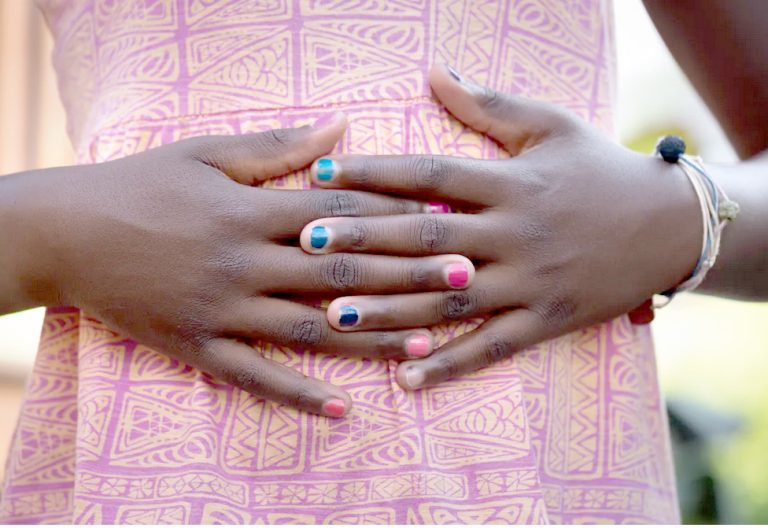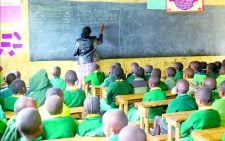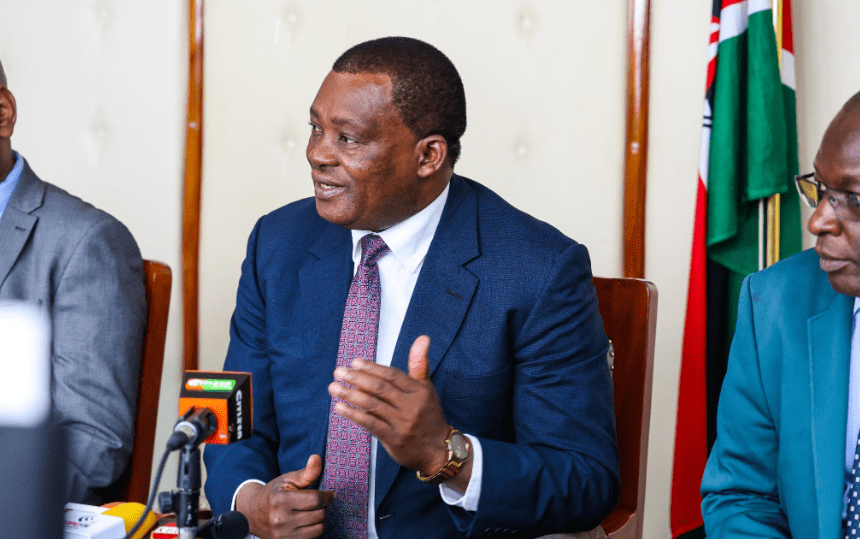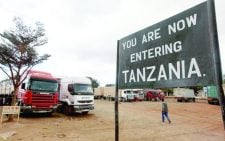Painful episode of child rape victim who gave birth

Jebichii Bundotich* (not her real name), just 11 years old, writhes on a maternity bed at Baringo County Referral Hospital. Her face is contorted in pain, her small body convulsing with each wave of labour. Around her, nine adult women—also expectant—watch in disbelief and pity.
Jebichii is not supposed to be here. She is a child.
Referred from Atyar Maternity Hospital on Sunday, June 1, 2025, she had travelled 56 kilometres through the night with her mother to reach Baringo’s better-equipped facility.
But even that long journey couldn’t guarantee timely care.
Her case is complex—compounded by her rare Rh-negative blood type, which places both her and the baby at high risk of Hemolytic Disease of the Newborn (HDN), also known as Rhesus disease.
At her tender age, her body is not developed enough for a natural delivery.
Not yet mature, she cannot withstand the full demands of childbirth.
Jebichii’s mother, herself still nursing a six-month-old baby back at home, left her infant in the care of her husband to accompany their pregnant daughter to the hospital.
“I’m torn between caring for Jebichii and nursing my baby boy,” Sote confides, exhaustion and grief etched on her face.
She discovered her daughter’s pregnancy only by accident in late April. “I walked in on her changing clothes and noticed her belly. I couldn’t believe it,” Sote says. The following day, she and her husband took the girl to the hospital, where their worst fears were confirmed.
To date, Jebichii has refused to disclose the identity of the man who defiled her.
Broken system
“Whenever we ask, she just cries,” her mother says, “She may have been threatened.”
Jebichii’s labour lasts 28 agonising hours.
Her hospital file is somehow misplaced in the facility’s records office, and the attending doctor refuses to take her into surgery until it is found.
“She was in terrible pain. The doctor should have operated instead of waiting for a file. That decision put both lives at risk,” a concerned male nurse, who spoke on the condition of anonymity, says, describing the delay as a “dereliction of duty.”
I eventually help wheel Jebichii into the operating theatre at 7:42 pm on June 1, and she gives birth to a baby boy, who is named Kipkemboi—a Tugen name given to boys born at night.
Jebichii suffers excruciating back pain and numbness in her legs for three days after delivery.
Unlike the other mothers who smile and coo at their newborns, Jebichii remains silent, initially refusing to breastfeed her baby—until her mother intervenes.
Her son has already received his first round of immunisations, while Jebichii continues to receive injections to stabilise her Rh-negative condition, which will help prevent complications in future pregnancies.
On the second day, her chest becomes swollen with milk, causing her intense pain. Since the baby cannot suckle enough, nurses advise her to express the excess.
We ask Jebichii again about the father of her child, but she does not answer, only staring at the cement floor.
“This is one of the saddest days of my medical career,” says Dr Musyoki, the doctor who performed her caesarean section.
“She hadn’t even started her periods. Whoever did this is a monster who should never walk free again. This matter must be investigated thoroughly.”
Jebichii’s family is already stretched beyond breaking. Her 15-year-old sister, a recent Form Four leaver who scored a Grade C in the 2024 KCSE and dreamed of becoming a nurse, is missing.
The family says she eloped with a neighbour’s son—a school dropout—under unclear circumstances.
Shattered parenthood
“We’ve gone to his house six times. They keep lying to us,” her mother says.
According to the family, their daughter is being held against her will and forced into domestic labour.
The family suspects the man’s father is helping hide their daughter, and local authorities have done little to intervene.
The girl’s disappearance, combined with Jebichii’s situation, has forced the family to pull their third-born daughter from school temporarily to care for the younger siblings.
“I toiled day and night—fetching firewood and digging—to educate these children,” their mother says, tears welling up in her eyes. “Now everything is falling apart.”
A reflection of broader systemic failures from inadequate child protection, poverty, gender-based violence, and healthcare neglect, Jebichii’s tragedy is not her own.
Her doctor, family, and community members are now calling on law enforcement, child protection officers, and the Ministry of Health to act swiftly.
“We need justice,” says Musyoki. “This child’s voice may be silent, but her pain is screaming. If we don’t act now, how many more Jebichii will suffer the same fate?”
* Names of minors have been hidden to protect them. The story is based on first-hand reporting and interviews.














